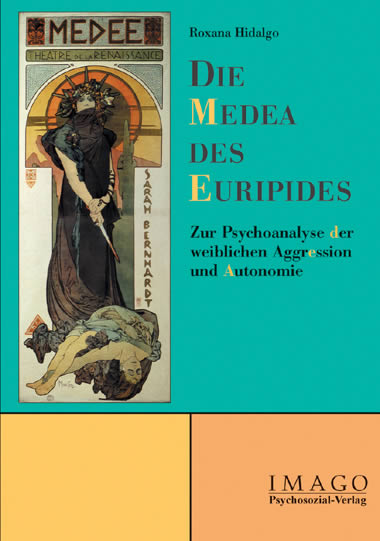


The analysis of Medea’s mental state is augmented with quotations of the text in English translation (by Morwood J, 2008).

We propose a reading for this Ancient Greek tragedy, which widely influenced world literature and the arts, within the lens of the medical humanities. It portrays a woman who goes beyond the traditional role of a woman in Ancient Greek society, so far as to kill her children and her husband’s new wife-to revenge his “betrayal.” Medea’s feeling of abandonment and her jealousy can be seen as the driving forces of her behaviour, and despite her guilt, Medea became a symbol of the oppressed woman-portraying the concerns of any woman of the epoch. Medea is an Ancient Greek tragedy written by Euripides and first played in 431 BC.


 0 kommentar(er)
0 kommentar(er)
